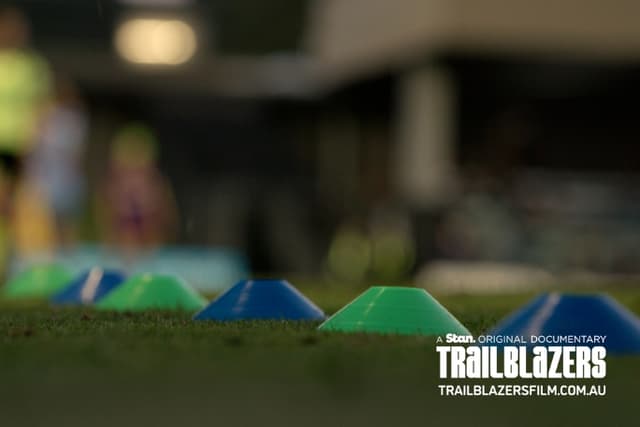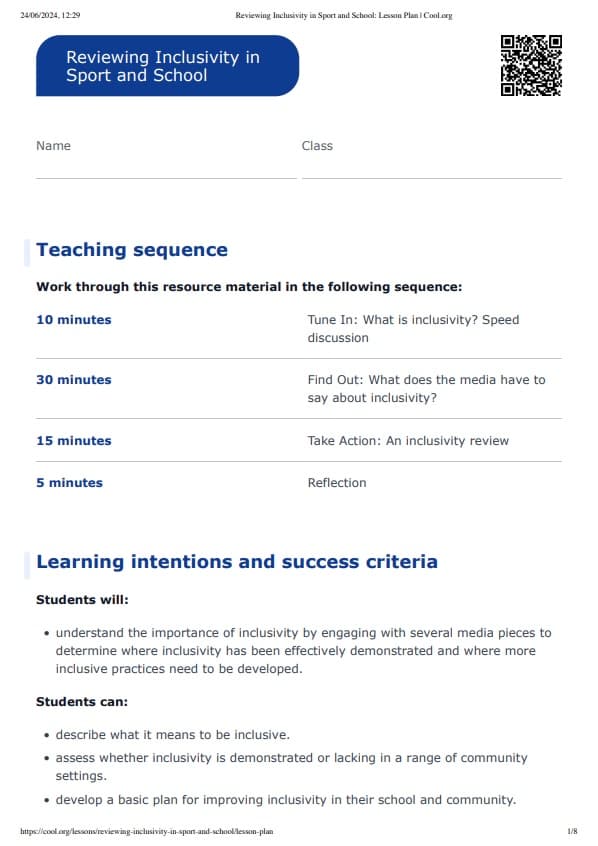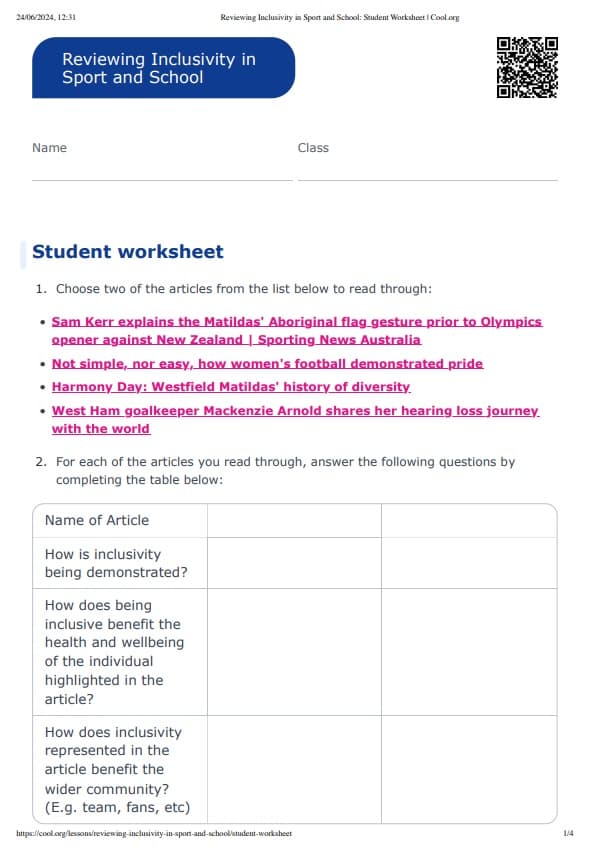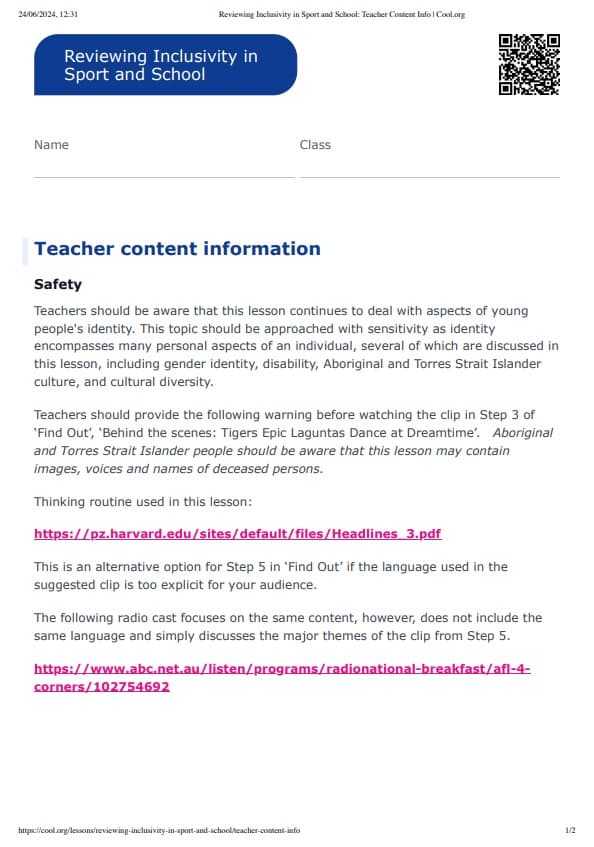Learning intentions:
Students will...
- understand the importance of inclusivity by engaging with several media pieces to determine where inclusivity has been effectively demonstrated and where more inclusive practices need to be developed.
Success criteria:
Students can...
- describe what it means to be inclusive.
- assess whether inclusivity is demonstrated or lacking in a range of community settings.
- develop a basic plan for improving inclusivity in their school and community.



